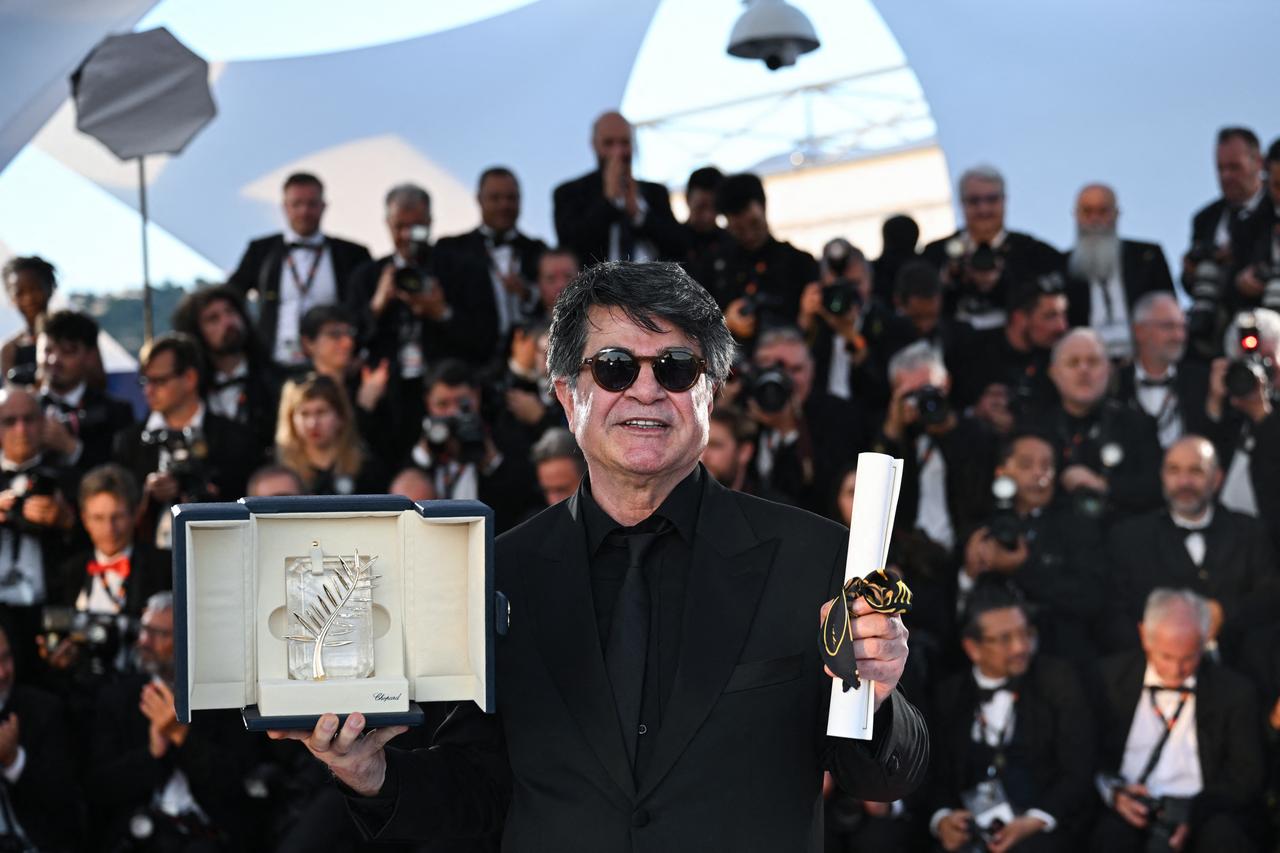
Iranian dissident filmmaker Jafar Panahi claimed the Cannes Film Festival's most prestigious award Saturday, but his victory has been met with silence from Tehran's government and state media.
Panahi, 64, won the Palme d'Or for "It Was Just an Accident," a political drama depicting five Iranians confronting a man they believe tortured them in prison. The film, inspired by the director's own detention experiences, dominated critics' rankings throughout the festival week.
Iran's government has offered no official response to the win, while state broadcaster IRIB ignored the news entirely, instead highlighting coverage of a state-aligned "Resistance" film festival.
The conservative Fars news agency questioned the jury's decision, suggesting it was "not uninfluenced by the political issues surrounding Jafar Panahi inside Iran."
Reformist publications Etemad, Shargh, and Ham Mihan acknowledged Panahi's victory on their websites but relegated the story from front-page coverage, potentially due to the timing of Saturday night's announcement.
The filmmaker, who has been prohibited from making films since 2010 and imprisoned multiple times by Iranian authorities, used his Cannes platform to call for national unity. Despite his contentious relationship with Tehran, Panahi confirmed immediate plans to return to Iran.
"Not at all. Tomorrow we are leaving," he said Saturday when asked whether he feared arrest upon his return.
The victory represents a historic moment for Iranian cinema, marking only the second time an Iranian director has captured the Palme d'Or. The late Abbas Kiarostami previously won in 1997 for "Taste of Cherry." Both filmmakers endured career-long bans from Iranian authorities.
Panahi's win comes as Iran's film industry faces continued restrictions under the country's conservative government, with several prominent directors facing similar professional limitations and legal challenges.